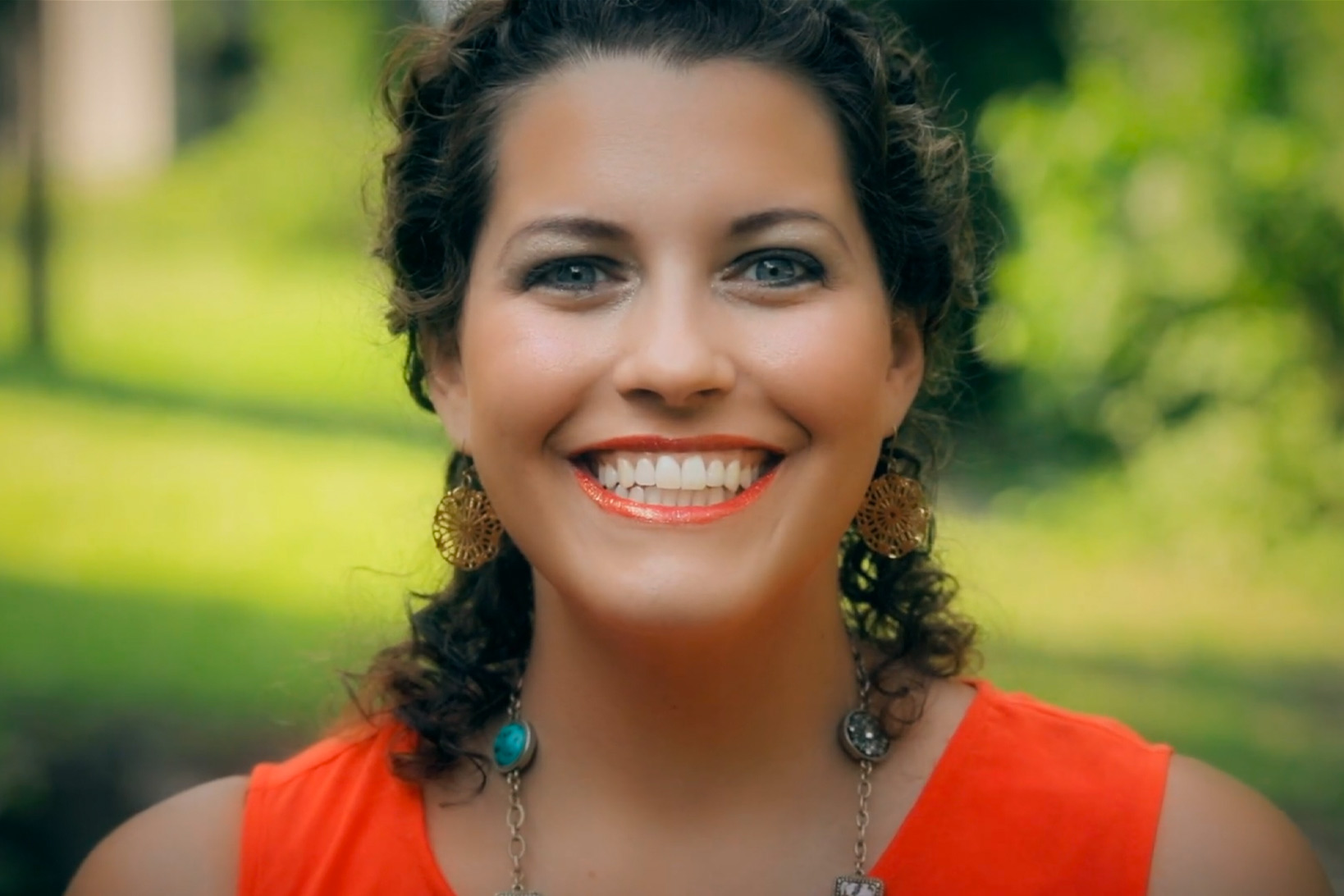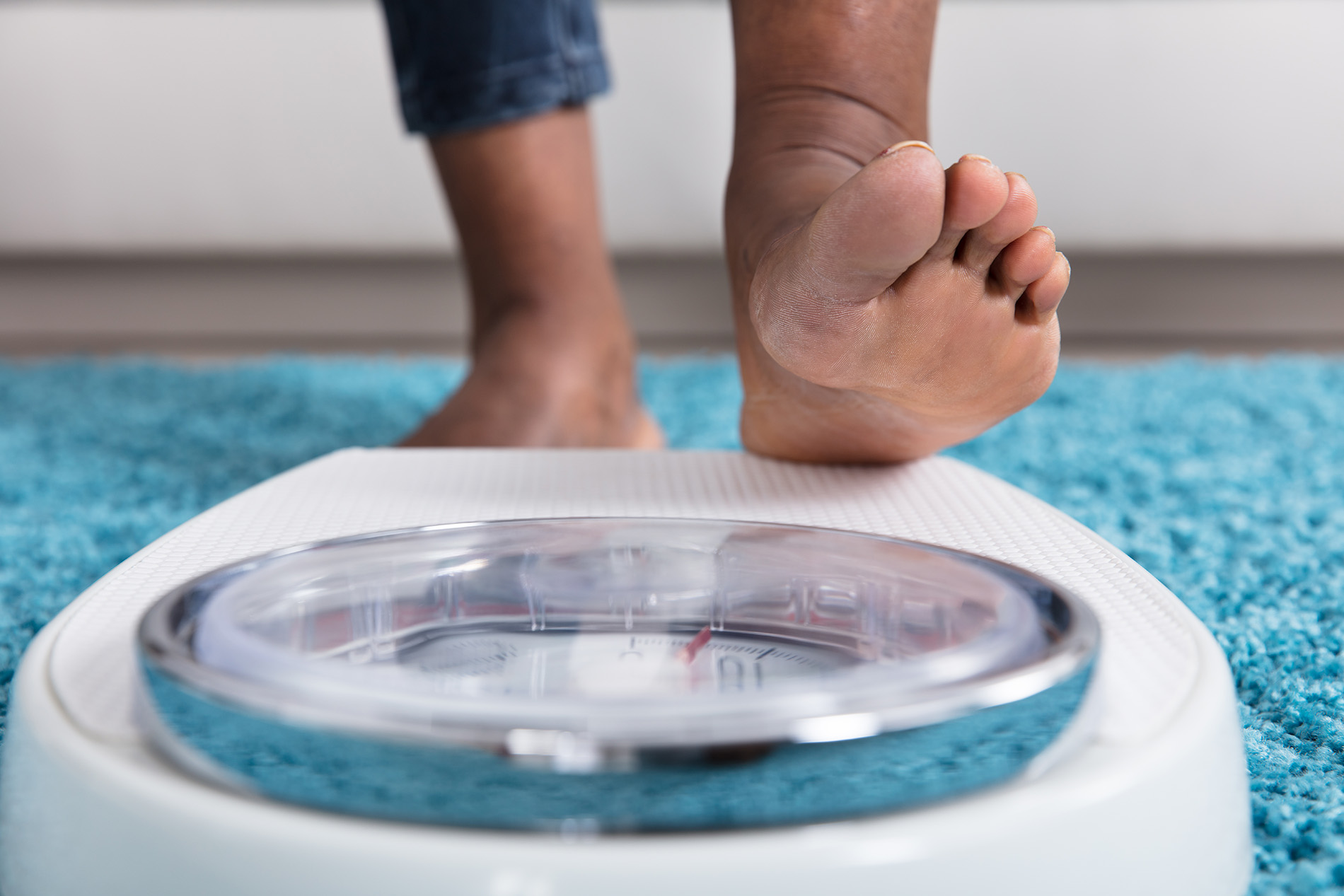There are so many diet and fitness trends out there, it can be hard to know which approach is best. William P. Grimes, MD, with Lexington Family Practice Northeast has advice on choosing a plan that will work for you.
Q: From the Keto diet to intermittent fasting, we hear about a lot of diet plans. Which is best?
A: Everyone is an individual, and there is no one-size-fits-all diet. What works for me might not work for you. For example, some people who work from home do great with intermittent fasting because it helps them to not snack throughout the day. People with very physical jobs, however, need to eat throughout the day to maintain energy. Similarly, some diabetics do well with the Keto diet to help control weight and blood sugars. But it can be hard to maintain if you travel a lot for work and eat out often.
Diets with the most evidence behind them are the “DASH” (Dietary Approaches to Stop Hypertension) diet and the Mediterranean diet. Rich in fruit, vegetables and whole grains, the DASH diet decreases blood pressure because of lower sodium intake. The Mediterranean diet, rich with lean proteins and healthy fats, is the most beneficial for people at increased cardiovascular risk.
Importantly, it’s not just about what we eat. Instead, it’s part of a greater discussion about behaviors, habits and our relationship with food.
Q: What’s your advice for sticking to a plan?
A: Find a plan that works for you and be ready to commit. A nutrition plan is a lifestyle choice. It takes hard work to maintain. It helps to have others on board and making the changes with us. Extra accountability is a big benefit.
Q: How much water should adults consume daily?
A: Drink enough water to make your urine clear. Sometimes, it’s 64 oz per day, but it usually takes more.
Q: What do you tell your patients about exercise?
A: Focus on elevating your heart rate continuously for at least 20 to 30 minutes daily, such as going for a brisk walk. Strength training as we age is important to maintain muscle mass, boost bone health, protect joints and prevent injury.
Exercise needs to be a priority. We’re only given one body, and if we don’t take care of it, our body won’t function properly. I recommend morning exercise. If we wait until the end of the day, it’s easier to make excuses and get distracted with busy schedules.
Q: Is an ounce of prevention really worth a pound of cure?
A: Yes. While it’s important to know our blood pressure, cholesterol and blood sugar numbers, I want my patients to see these numbers as symptoms. The problem is diet and lifestyle. We can give medications to bring down the numbers, but that’s just treating the symptoms without addressing the underlying problem. If we fix the lifestyle that led to high numbers, we often won’t need medicine at all.

William P. Grimes, MD, Lexington Family Practice Northeast








Leave a comment